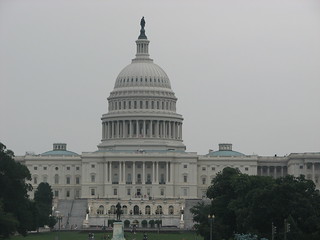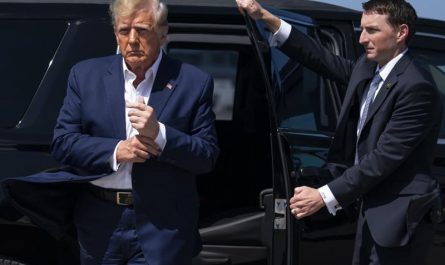
It may sound like a great idea. Inject some cash now, get people spending again, and things will get back to normal.
If we’ve learned anything from the past few years it would be that stimulus spending, backed by credit, does nothing but dig us deeper into debt.
When we stimulated the car market with cash for clunkers, what happened? People bought cars when there was a rebate, which initially looked good, but when the deal ended (after being extended a couple of times), car sales fell. And thousands of cars were taken off the market that would be cheaper for people to buy, which effectively drove the price of cars up. It’s taken quite a while for car sales to recover.
When we stimulated the housing market, people bought houses while the deal was in place. Then, when the deal expired, housing sales dropped off—leaving some realtors in quite a pickle! This also drove up the cost of housing, which should have normalized via the market, but was instead inflated by the value of the stimulus. It took a while for housing sales to recover, and the price still has not normalized.
Every time the government tries this stimulus idea, we see the same response—so why would we want to stimulate the gas market in this way?!
The latest idea out of Washington is that we could tap the National Strategic Reserve to help stabilize prices in the short term. And on the surface, facing $4 a gallon, it would seem to be the right course. Except it’s not a problem of supply.
You see, OPEC has guaranteed that supply will not be interrupted by what happens with the current unrest, and yet the prices still climb. Why?
It’s because the price of oil is due partly to speculation about what is to come, and the unrest, and not seeing what the outcome will be, does not bode well to forecasting. When you have a dictator and stability, that makes for good forecasting. When you have unrest or a democracy, especially in areas hostile to the West, it’s possible to see an outcome where the new regime may not want to provide oil like the former.
So, what would tapping the Reserve do? In the short term, we might see a small decrease in prices as the investors will know that there’s more available. However, this strategy would not change the forecasting and the Reserve is a known size. The investors would know when it would run out (and we’re not talking a long period of time).
This would mean it would be yet another stimulus like the former ones. A short term lowering of costs followed by a spike when the amount ran out.
The only way that I believe something like this could work is if were paired by bringing new oil online—from the Gulf, ANWAR or other place. This would work because not only would it signal that there was more now, but that America intended to be more self reliant in the future.
And no, green vehicles wouldn’t cut it—that technology is not there yet, nor has it answered the question of “what happens if all the cars get on the electricity grid during summer.”
